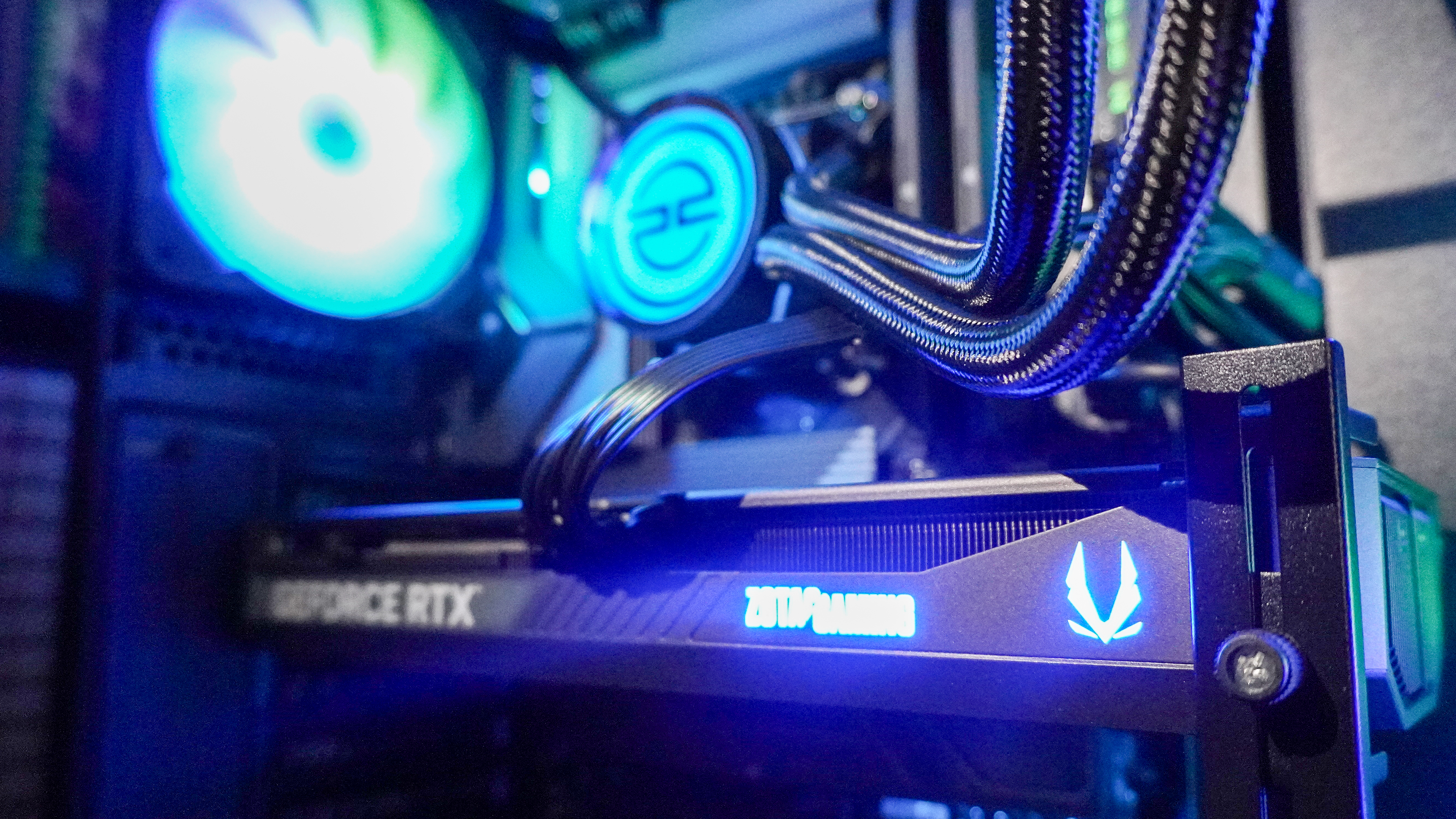FBI Can Activate Your Android Phone's Microphone
The FBI can hack too.

The Wall Street Journal reports that based on court documents and interviews with people involved with federal agencies, law enforcement officials in the U.S. are resorting to tools typically used by hackers to gather information on suspects. Use of these tools under court order has grown as suspects look for new ways to communicate including various types of chat and encryption tools.
Sources said that the FBI has been developing its own hacking tools for more than a decade, but also purchases them from the private sector. One such tool allows the agency to remotely activate microphones on Android-based devices to record conversations. This same tool can also remotely access the microphone of a laptop to record conversations unknowing by the device owner.
MORE: How Secure is Microsoft SkyDrive?
A former U.S. official told the paper that the FBI typically doesn't resort to hacking tools unless it involves organized crime, child pornography or counterterrorism. The agency also doesn't use hacking tools when investigating an actual hacker for fear that the suspect will make the technique public knowledge. The FBI rarely discloses its techniques publicly in legal cases, the paper said.
Court documents reportedly show that a federal warrant application in a Texas-based identity-theft case asked the court permission to use software to secretly take photos using a computer's camera and extract files. The judge denied the application, wanting to know exactly how the files would be extracted without exposing information on innocent people.
The paper also said that the FBI has been using "web bugs" since at least 2005 to gather a computer's IP address, a list of programs running and other data. The agency has also been hiring people with hacking skills, and purchasing hacking tools when other surveillance methods don't work.
Christopher Soghoian, principal technologist at the American Civil Liberties Union, indicated that local cops are going to hack into surveillance targets whether it’s a legit method or not. He also said that more information about the practice is now slipping out because there's a growing industry of selling hacking tools to law enforcement. There are even posts and resumes on social networks in which people talk about helping the FBI with surveillance while employed with private companies. Keeping the hacking activities secret is seemingly no longer possible.
Sign up to get the BEST of Tom's Guide direct to your inbox.
Get instant access to breaking news, the hottest reviews, great deals and helpful tips.
Naturally a search warrant is required to gain access to content stored on a suspect's computer. But software that remotely gathers only Internet metadata (IP addresses, email header) can do so under a court with a lower standard because authorities are not actually touching the suspect's property. Thus many officials manage to install surveillance tools remotely by sending the suspect a document or link that loads the software in the background. Secretly gaining physical access to the computer and loading software via a USB drive is also another common practice.
Sources told the paper that the FBI has controls to ensure that only relevant data is obtained. To read the full report, head here.
Kevin started taking PCs apart in the 90s when Quake was on the way and his PC lacked the required components. Since then, he’s loved all things PC-related and cool gadgets ranging from the New Nintendo 3DS to Android tablets. He is currently a contributor at Digital Trends, writing about everything from computers to how-to content on Windows and Macs to reviews of the latest laptops from HP, Dell, Lenovo, and more.
-
NightLight listen, if it stops even one asshole planning a bombing, i'm willing to let the fbi hear what i have to say. a) my life isn't that important. b) i have not vanity and c) it may save lives.Reply -
quicksand10 Waiting impatiently for Google's press release on this.Reply
And, NightLight, maybe it has come to this, but warrantless spying remains unjust. -
Onus And, is there anyone around foolish enough to believe this is all the Government might ever do with this technology? Chipping away, chipping away...Reply
-
thor220 At this point, it's really hard to believe that the government doesn't already secretly install I.D chips in new citizens.Reply -
NightLife, you say your life is not important, and thats what tyrants want you to think. Everyone's life is important, and nobody has the right to violence. All violence is terrorism, even the violence of little men in uniforms and shiny boots is terrorism.Reply
-
Darkk FBI have been given way too much power to tap into people's lives. Especially the innocent's. How many times the innocent have been wrongly accused of a crime and the hassle of going to courts to prove it. Once your name been dragged through mud it's very hard to go back to the way it was with your life.Reply
